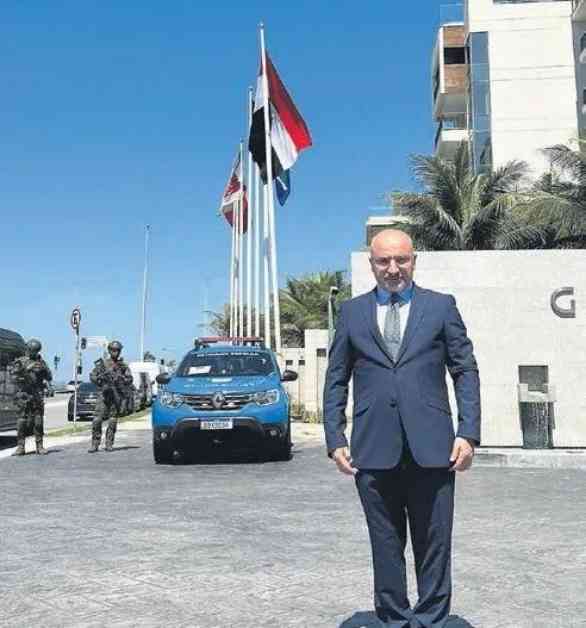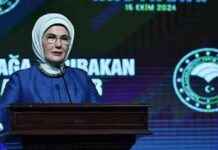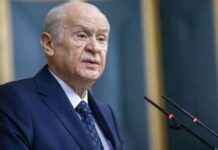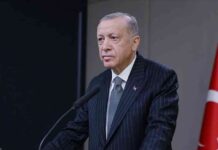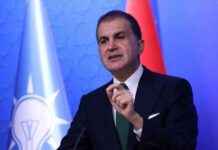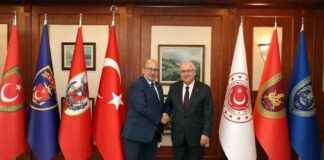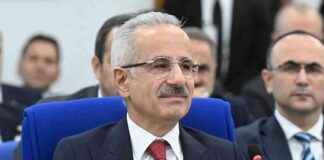The G20 recently convened in Brazil, a member of the BRICS alliance. President Erdogan and his delegation landed at the military airport, where they were greeted by other world leaders who had also arrived. Following a long 14-hour journey, Erdogan held talks with Brazilian President Lula da Silva. There is a high level of dialogue between leaders and between Brazil and Turkey. Both leaders agreed to accelerate steps towards developing a strategic partnership between the two countries during their meeting.
Erdogan participated in the G20 Leaders Summit on the first day, attending sessions on Social Inclusion, as well as Fighting Hunger and Poverty. Countries that are part of the Global Alliance Against Hunger and Poverty were given priority to speak during the sessions. Erdogan also attended the MIKTA leaders’ meeting and the session on Reforming Global Governance Institutions on the same day.
Unlike other international organizations, the G20 does not have a formal institutional structure. Therefore, discussions at the leaders’ summit usually revolve around global issues. Rather than making binding decisions, the summit typically ends with general statements in the form of declarations. Most of the countries participating in the G20 Summit are members of different regional and global international organizations. This means they have diverse economic, political, and security agendas. As a result, the topics on the agenda have increasingly been divided into secondary themes in recent years.
The G20 Brazil Summit coincided with Trump’s re-election for a second term. Many of Trump’s policies and promises do not align with the founding philosophy and objectives of the G20. Therefore, the G20 Summit will provide clues on how countries are preparing for the Trump era.
The Future of the G20 Under the Trump Administration
As the world closely watches the actions and decisions of the Trump administration, the future of the G20 under his leadership remains uncertain. Trump’s “America First” approach and his skepticism towards multilateral agreements and institutions have raised concerns among G20 member countries. The G20, which was established to promote international economic cooperation and stability, may face challenges in achieving consensus on key issues with the United States taking a more unilateral stance.
Implications for Global Governance
The G20 plays a significant role in shaping global governance and addressing pressing global challenges. However, the divergence in priorities and policies among member countries, particularly with the United States under Trump’s leadership, could impede progress on critical issues such as climate change, trade, and economic development. The lack of a formal institutional structure within the G20 further complicates decision-making processes and consensus-building efforts.
Opportunities for Collaboration
Despite the challenges posed by the Trump administration’s policies, the G20 presents an opportunity for member countries to engage in constructive dialogue and cooperation. By fostering partnerships and promoting inclusive decision-making processes, the G20 can strengthen global governance and address shared challenges effectively. Building consensus on key issues and advancing sustainable development goals will be crucial in shaping the future of the G20 under the Trump administration.

